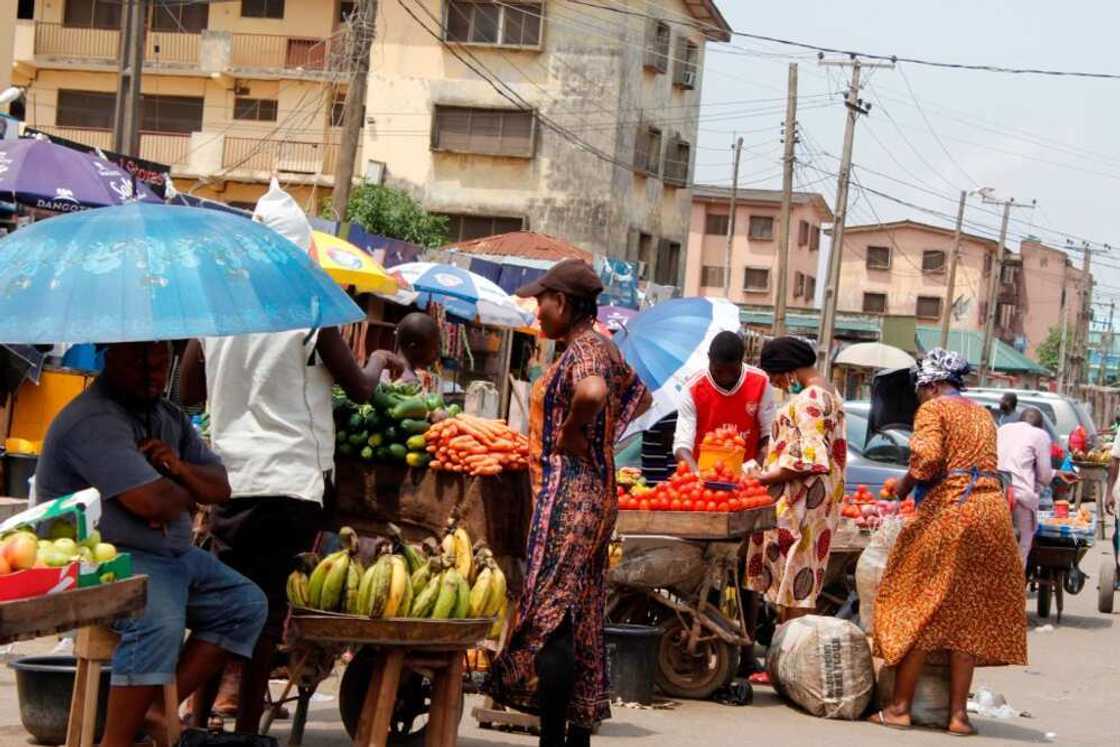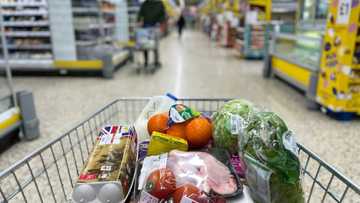Top 10 Countries with Highest Food Inflation Between March and June 2023
- Many countries across the world are experiencing high food inflation as a result of many factors
- Fuel subsidy removal and exchange rate float influenced the increase in the cost of food
- Venezuela leads countries with the highest food inflation in nominal terms
As countries across the world continue to battle high inflation, one major aspect that piques the interest of many remains food, a major driver of inflation.
According to the World Bank, several nations are experiencing a cost-of-living crisis and high food price inflation as a result of Russia-Ukraine conflict, unstable fertilizer markets, and other factors.

Source: UGC
In an effort to battle the mounting food inflation issues, countries are implementing specific measures to increase energy and fertilizer supplies, assist farmers in increasing plantings and agricultural yields, and remove regulations that obstruct exports and imports, divert food to biofuel, or promote wasteful storage.
Recent moves by President Bola Tinubu to remove fuel subsidies and allow the naira to float freely caused a decline in the naira and a sharp increase in transport and import costs, which worsened food inflation.
PAY ATTENTION: Join Legit.ng Telegram channel! Never miss important updates!
According to data from the National Bureau of Statistics, prices for oil and fat, bread and cereals, fish, potatoes, yam, and other tubers, fruits, meat, vegetables, milk, cheese, and eggs led the increase in food inflation costs in Nigeria, which rose 25.25 percent year over year in June 2023, the highest rate since September 2005.
It is important to keep in mind, nevertheless, that the Consumer Price Index (CPI) data for June may not accurately reflect the effects of the elimination of gasoline subsidies and the unification of the currency rate.
In a tweet, the NBS said that this is because the data gathering for calculating the rate for the reference month normally ends in the middle of the month, which means that the June numbers only reflect around two weeks of the influence of policy on consumer prices.

Read also
"N860/Dollar": Petrol marketers recent government policy, naira devaluation for hike in prices
Commenting on this, Olumide Adesina, a Financial expert said the recent inflation report got a lot of people by surprise considering the expected result of the uptick in petrol prices and devaluation of the naira.
He said:
"Based on recent tweets from the NBS it's expected that an upward review in the country's inflation rate might soar after the NBS admitted that it failed to capture the full month of June"
Meanwhile, data by the World Bank has revealed countries around the world that suffered an even bigger number between March 2023 to June 2023.
According to the World Bank data, Domestic food price inflation, as measured by change from year to year in a country's Consumer Price Index (CPI), is significantly high.
The data inferred that between February 2023 and May 2023, there has been significant food inflation in many low- and middle-income countries, with rates exceeding 5 percent in 61.1 percent of low-income nations, 79.1 percent of lower-middle-income nations, and 70.0 percent of upper-middle-income nations.

Read also
“Small businesses will crumble completely”: Business operators lament hardship as fuel sells for N617/litre
Additionally, substantial food price inflation is present in 78.9% of high-income nations. Africa, North America, Latin America, South Asia, Europe, and Central Asia are the regions most severely impacted.
In 79.8% of the 163 nations for which both the food CPI and the overall CPI indexes are available, food price inflation was higher in real terms than overall inflation (calculated as the year-over-year change in the overall CPI).
The following list of the ten countries with the highest food price inflation year over year, in nominal and real terms, according to data from the World Bank, is based on the latest month for which data are available between May 2023 and June 2023.
Top 10 countries with the highest food price inflation year-on-year in nominal term
- Venezuela - 414%
- Lebanon – 304%
- Zimbabwe - 256%
- Argentina – 118%
- Suriname – 71%
- Egypt – 66%
- Sierra Leone – 56%
- Türkiye - 54%
- Ghana – 52%
- Haiti – 48%
Top 10 countries with the highest food price inflation year-on-year in real term
- Zimbabwe - 80%
- Lebanon – 44%
- Egypt – 30.1%
- Türkiye – 16%
- Rwanda – 15%
- Burundi - 14%
- Lao People’s Democratic Republic - 14%
- Sierra Leone – 11%
- United Kingdom - 11%
- Greece - 11%
Geopolitical Zones in Nigeria With Highest Food Inflation as FG Prepares to Take VAT From Traders
The National Bureau of Statistics (NBS) reports that in May 2023, food prices increased most rapidly in the South East and South-South.
The statistic body disclosed that the average price of 1 kg of boneless beef sold at N2,520 in May, a 24.19% rise on a year-over-year basis from N2,029 recorded during the same period previous year, in a report that was published on Tuesday, July 4, 2023.
Source: Legit.ng



